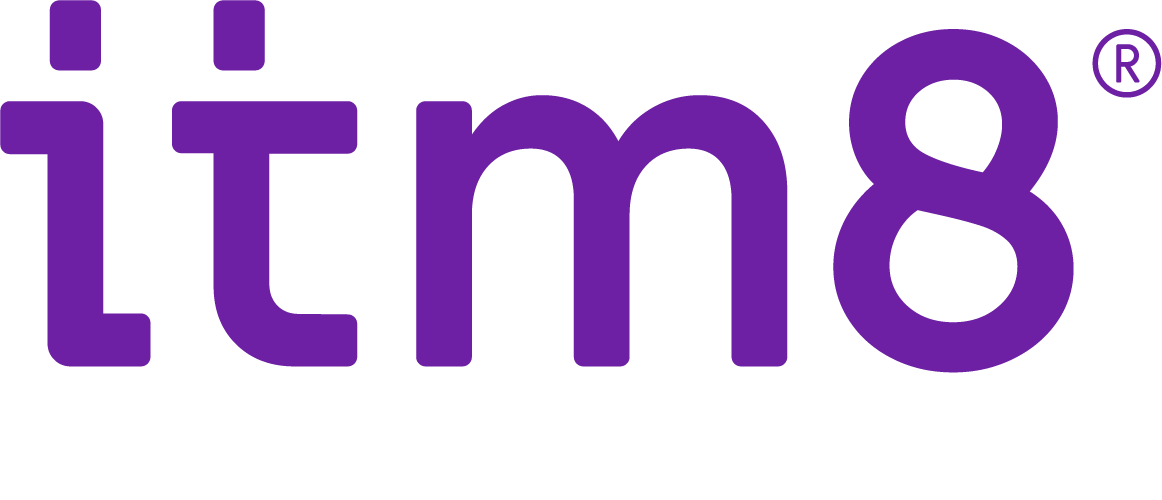Miracle 42 er nu en del af itm8
Vi bliver ét itm8 – dit digitale kompas!
Miracle 42 og itm8s 12 øvrige selskaber går sammen og bliver ét itm8. I fællesskab vil vi sikre de bedst mulige services indenfor digital transformation og sikkerhed.
I et hurtigt skiftende teknologisk landskab vil vi gerne tilbyde flere specialiserede vidensområder, der i højere grad favner vores kunders totale it-behov. Miracle 42 bliver derfor til itm8, så vi sammen med de øvrige selskaber i itm8-gruppen fremadrettet kan realisere en fælles vision: At blive kundernes digitale kompas.
Tidligere Miracle 42 kan stadig findes på følgende lokationer
Skovlunde
Tonsbakken 16-18, 3 sal.
2740 Skovlunde
Aarhus
Søndervangs Allé
8260 Viby J
Hvem var og er Miracle 42?
Miracle 42 er et dansk IT konsulenthus, der leverer specialister indenfor drift, udvikling og rådgivning til din virksomhed. Vi er dog først og fremmest mennesker. Mennesker med forskellige kompetencer og måder at gøre tingene på. Men én ting er vi fælles om: ambitionen om at gøre en forretningsmæssig forskel med IT for hver eneste kunde.
For os starter det ikke med IT. Det starter med kemi. Og med tillid og troværdighed. Det er forudsætningen for et samarbejde, der er værd at bygge på. Derfor sætter vi altid den direkte og ærlige dialog over alt andet.
Det skal være nemt at være kunde hos os. Du skal have svar på dine spørgsmål – med det samme og af den person, der har kompetencerne. Ingen formelle hierarkier. Og ingen tunge sagsgange.
Du ringer bare.
Sund fornuft er vores afsæt. Vi tænker os godt om uden at overteoretisere. Teorien må aldrig blive en hindring for, at tingene sker i praksis. Vi gør det simpelt at samarbejde med os. Og enkelt at få den driftsløsning, der gør en forskel for din forretning.
Managed Services
Vores Managed Services afdeling kan hjælpe med alt fra drift, hosting og cloud løsninger til overvågning af dine databaser, så du kan have ro i maven.
Consulting Services
Vi tør godt sige, at vores Consulting Services indebærer nogle af Danmarks dygtigste IT konsulenter og -specialister indenfor databaser, drift, udvikling og rådgivning. Du kan få adgang til de IT kompetencer, som du har brug for i dit projekt.
IT-driftsydelser i særklasse
Selvom vi har begge ben på jorden, skammer vi os ikke over at sige: Vi er dygtige, når det handler om at drive databaser, servere, platforme og applikationer. Vi er specialister på flere platforme og mestrer forskellige teknologier som f.eks. Oracle, Microsoft, PostgreSQL og Commvault.
Vi udspringer af et Oracle-hus og har +20 års erfaring. Det siger måske ikke noget om, hvad vi kan. Men når selv vores konkurrenter køber Oracle- og SQL-support hos os, så behøver vi ikke sige mere.


